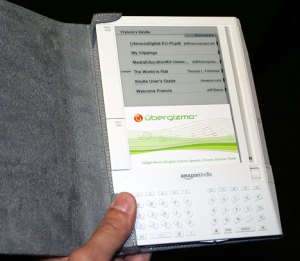It was the Canadian Communications theorist, Marshall Mc Luhan, who proclaimed “It is the framework which changes with each new technology and not just the picture within the frame.” Indeed, with the birth of a new medium of communication, old rules are discarded and new ones generated.
For example, news writing for print publications relies heavily on the inverted pyramid structure, placing the most important information in the opening few paragraphs. On the other hand, radio writing depends greatly on a chatty, conversational tone as well as the simplification of complex details, statistics and jargon. Sure enough, the birth of the Internet created a plethora of new rules.
In a previous post, entitled “The Internet: Are We Being Foolish with our Lives?“, we discussed the negative effects that the Internet has on our concentration and our ability to retain information for prolonged periods of time. The piece deduced that if society didn’t alter their intense relationship with the World Wide Web, the physical, mental and psychological consequences would be unalterable. Read the rest of this entry »






